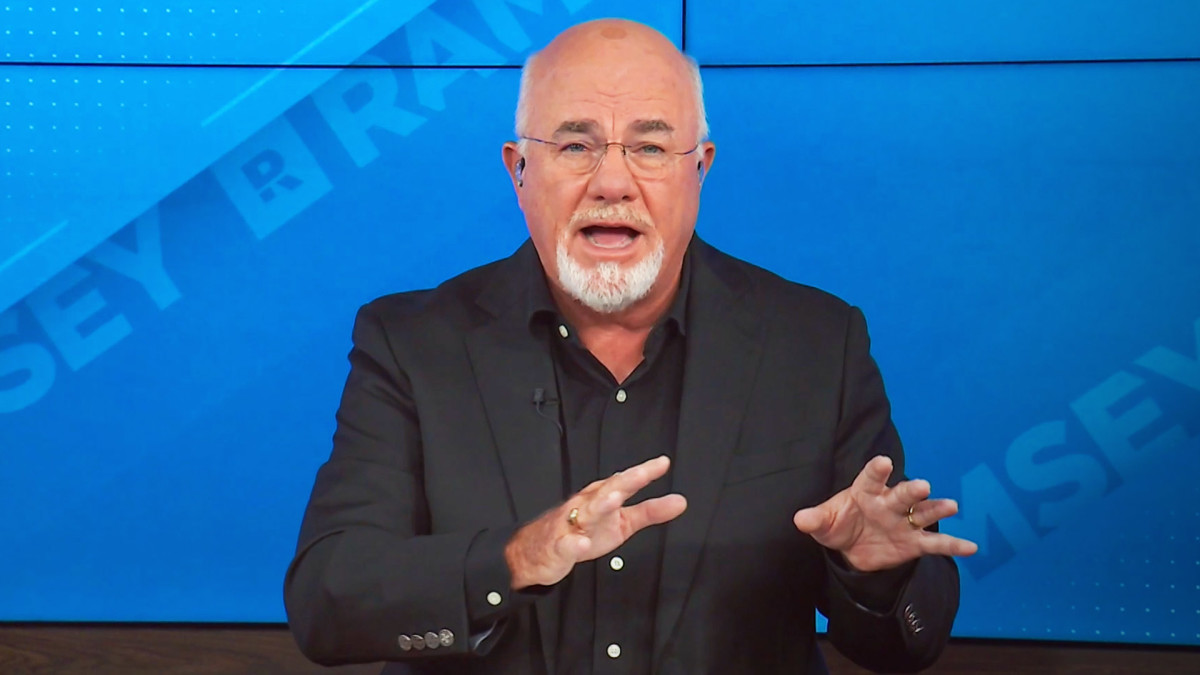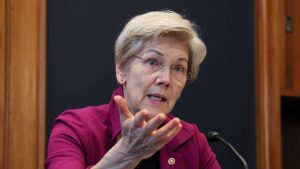Dave Ramsey sends key message to Americans on Medicare, Medicaid

Medicare and Medicaid have recently drawn public attention due to proposed reforms that could have widespread effects on millions of people across the country.
House Republicans have put forth legislation aimed at scaling back Medicaid funding, potentially stripping coverage from unemployed individuals, undocumented children, and elderly citizens who rely on long-term care services.
Concerns are mounting about how reductions to Medicaid could lead to rising Medicare costs. Medicaid plays a crucial role in covering expenses that Medicare does not, including nursing home care and out-of-pocket expenses.
Best-selling personal finance author and radio host Dave Ramsey offers a concise but informative overview of Medicare and Medicaid to help Americans better grasp some key distinctions between the two programs.
💵💰Don’t miss the move: Subscribe to TheStreet’s free daily newsletter💰💵
It is essential to recognize that if Medicaid funding is cut, Medicare may need to shoulder additional costs, ultimately increasing government expenditures.
Democrats are actively opposing these cuts, urging Republicans to focus their attention on curbing waste and fraudulent billing practices within Medicare Advantage plans instead.
They highlight how private insurers have allegedly overbilled Medicare by billions of dollars through a method known as “upcoding,” which exaggerates patients’ medical conditions to maximize payments.
Related: Shark Tank’s Kevin O’Leary sends big Social Security message to all Americans
Another hot-button issue is the Trump administration’s decision to prevent Medicare and Medicaid from covering widely used weight-loss medications, despite their potential benefits for individuals struggling with obesity-related health concerns.
These unfolding events underscore the broader discussions surrounding health care funding, accessibility, and the challenge of balancing financial constraints with patient care.
Ramsey’s clear explanation of Medicare and Medicaid provides valuable perspective, helping Americans engage with the ongoing debate as lawmakers consider possible reforms.

Image source: TheStreet
Dave Ramsey explains important facts about Medicare and Medicaid
Medicare is a federally administered health insurance program designed for individuals aged 65 and older, as well as those with certain disabilities. It provides coverage for various medical services, including hospital stays, physician consultations, and other essential health care needs.
Eligibility for Medicare is based strictly on age or qualifying disabilities, regardless of a person’s financial situation.
Medicaid, on the other hand, is a collaborative effort between federal and state governments to offer health care assistance to Americans with low incomes. Medicaid helps cover costs for services such as nursing home care, personal care assistance, and financial aid for Medicare premiums.
“But it isn’t insurance,” Ramsey wrote. “It’s more like an aid program that helps low-income folks pay for things.”
More on retirement:
- Dave Ramsey sends strong message to Americans on 401(k)s
- Shark Tank’s Kevin O’Leary warns Americans on Social Security
- Scott Galloway sounds the alarm on Social Security, boomers
Because Medicaid operates at both state and federal levels, its structure and eligibility criteria vary by location, Ramsey explained.
President Obama sought to broaden access by allowing any legal resident or citizen with an income below 138% of the poverty threshold to qualify.
However, individual states retained the authority to adopt or reject this provision, meaning eligibility remains dependent on income levels, which differ from state to state.
To ensure consistency, the federal government mandates a core set of benefits that all states must provide, including:
- Hospital inpatient and outpatient services
- Emergency transportation
- Physician visits
- Home health care
- Nursing facility care
- Rural health clinic services
- Pediatric and family nurse practitioner services
- Laboratory and imaging tests
- Nurse midwife care
States also have the option to expand coverage to include services such as dental, vision, hospice care, and physical therapy.
While Medicaid typically does not require premiums, some states enforce copayments for specific treatments. Emergency room visits, however, remain exempt.
Eligibility is determined by financial resources such as wages, pensions, dividends, and government benefits.
Related: Scott Galloway makes major prediction on world economy; 401(k) impact seen
Dave Ramsey explains dual eligibility for both Medicare and Medicaid
Medicare and Medicaid serve different purposes — one provides health insurance, while the other offers financial aid, Ramsey emphasized.
However, they can work together to assist low-income seniors, individuals with disabilities, and those with end-stage renal disease or ALS by covering Medicare premiums and out-of-pocket expenses.
Medicare is always the primary payer for medical services, with Medicaid stepping in to cover co-insurance costs. Many who qualify for both programs are automatically enrolled in a Medicare Savings Program (MSP), which helps cover Medicare Part B premiums and cost-sharing responsibilities.
Some states require Medicaid recipients to join a Medicaid Managed Care Plan (MMC), a private health plan that may offer Medicare Advantage enrollment.
“The idea is that the Advantage Plan better coordinates the two programs, but you can’t be forced to sign up for one,” Ramsey wrote.
Related: Veteran fund manager unveils eye-popping S&P 500 forecast
#Dave #Ramsey #sends #key #message #Americans #Medicare #Medicaid




